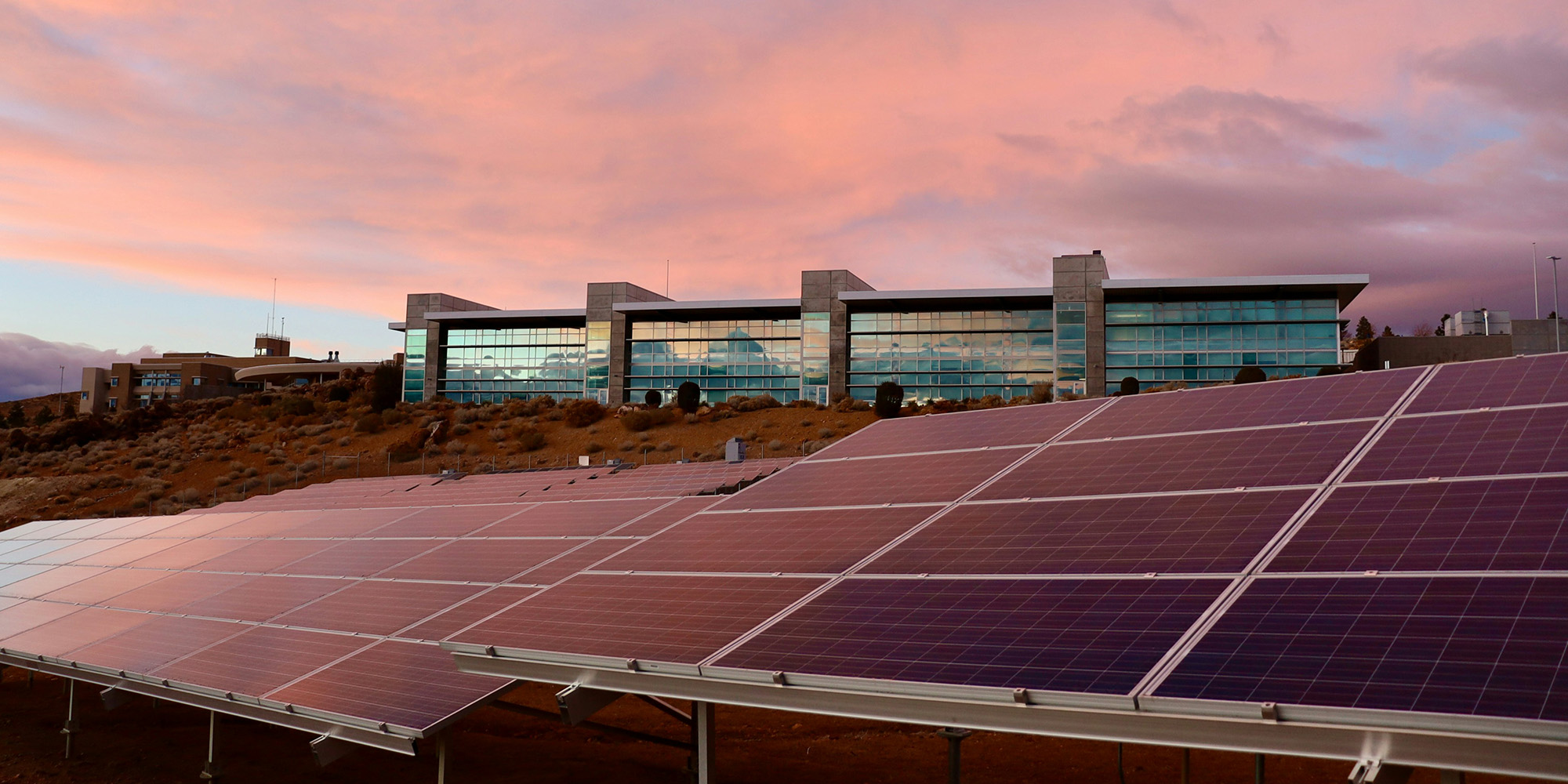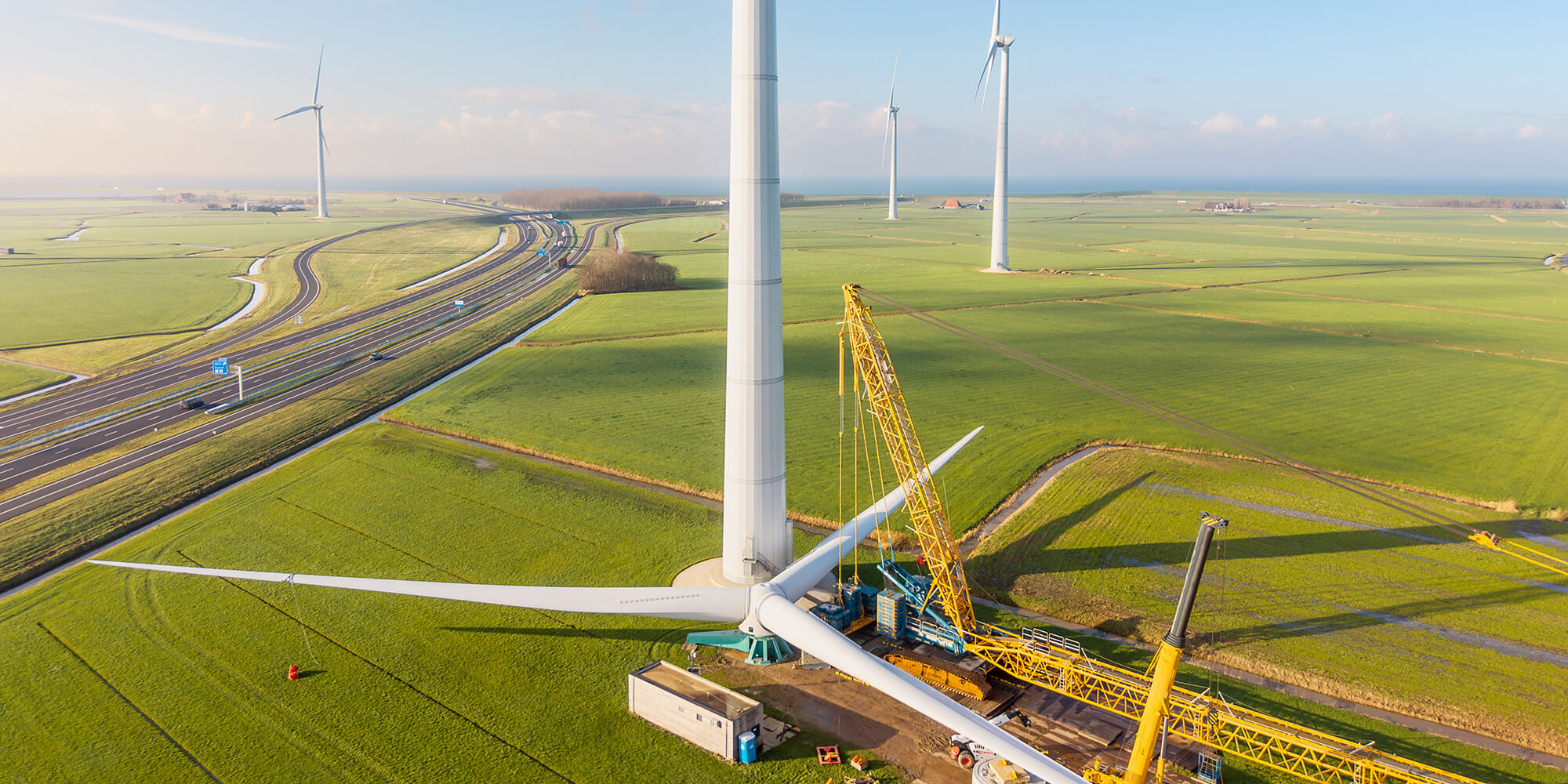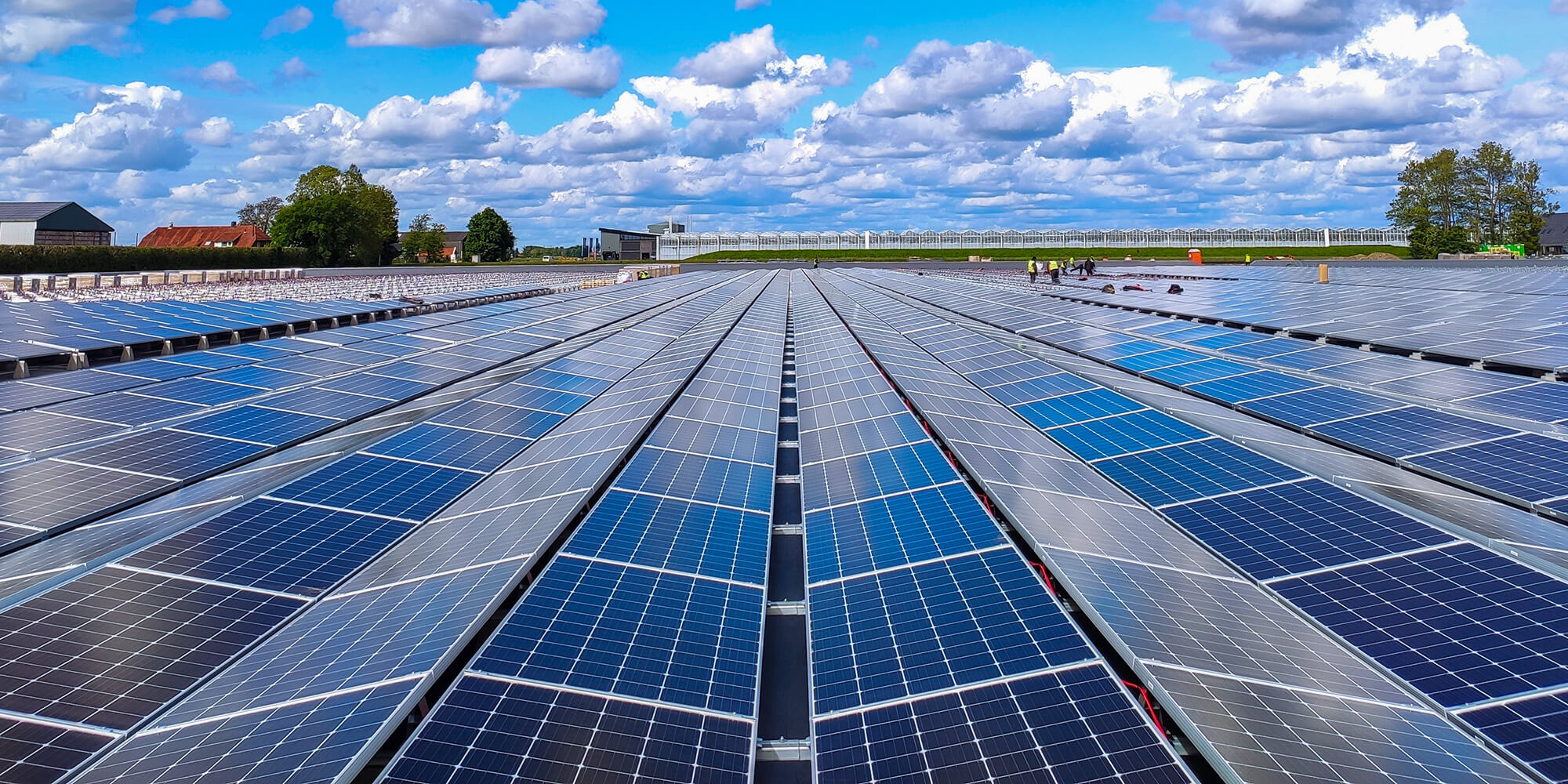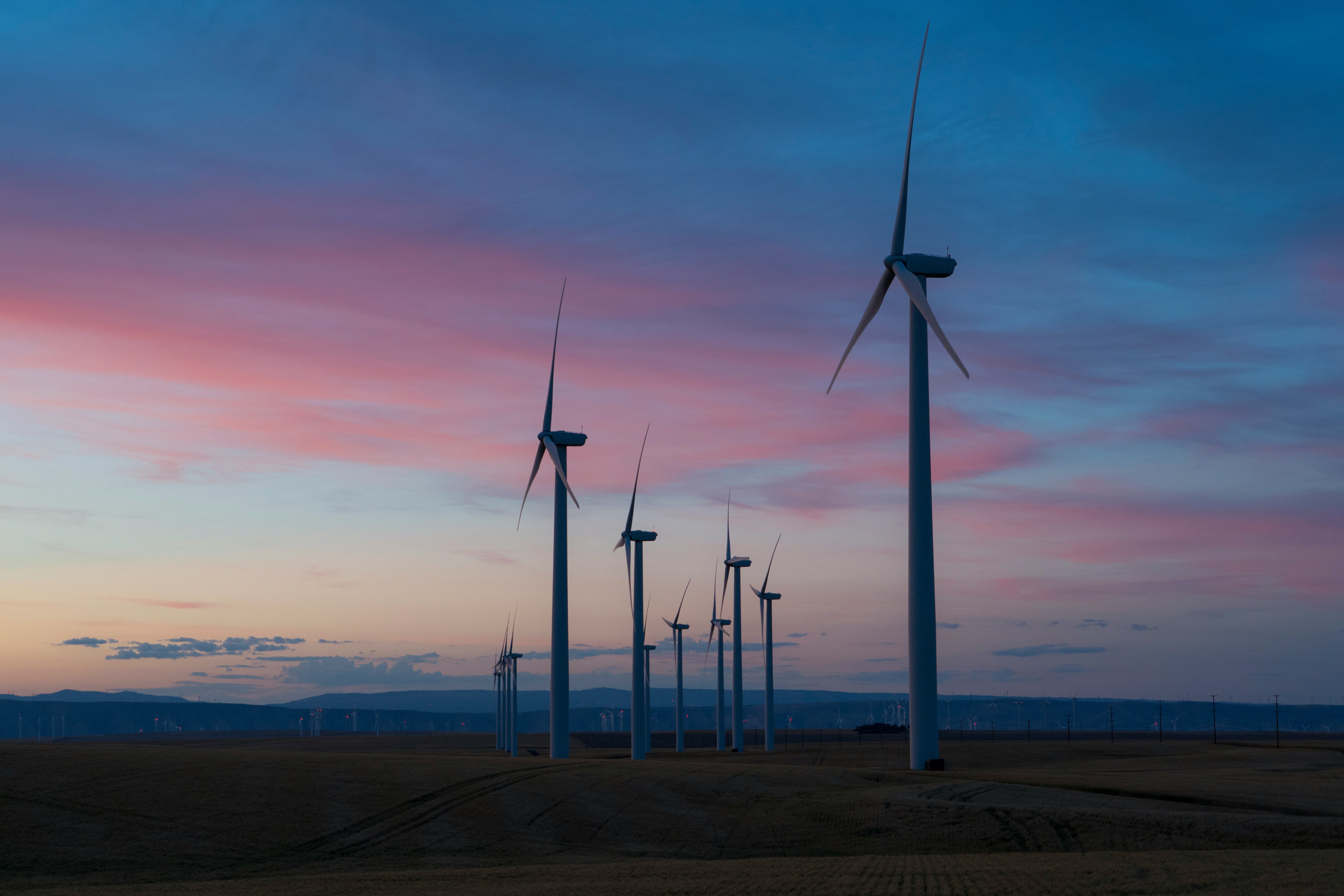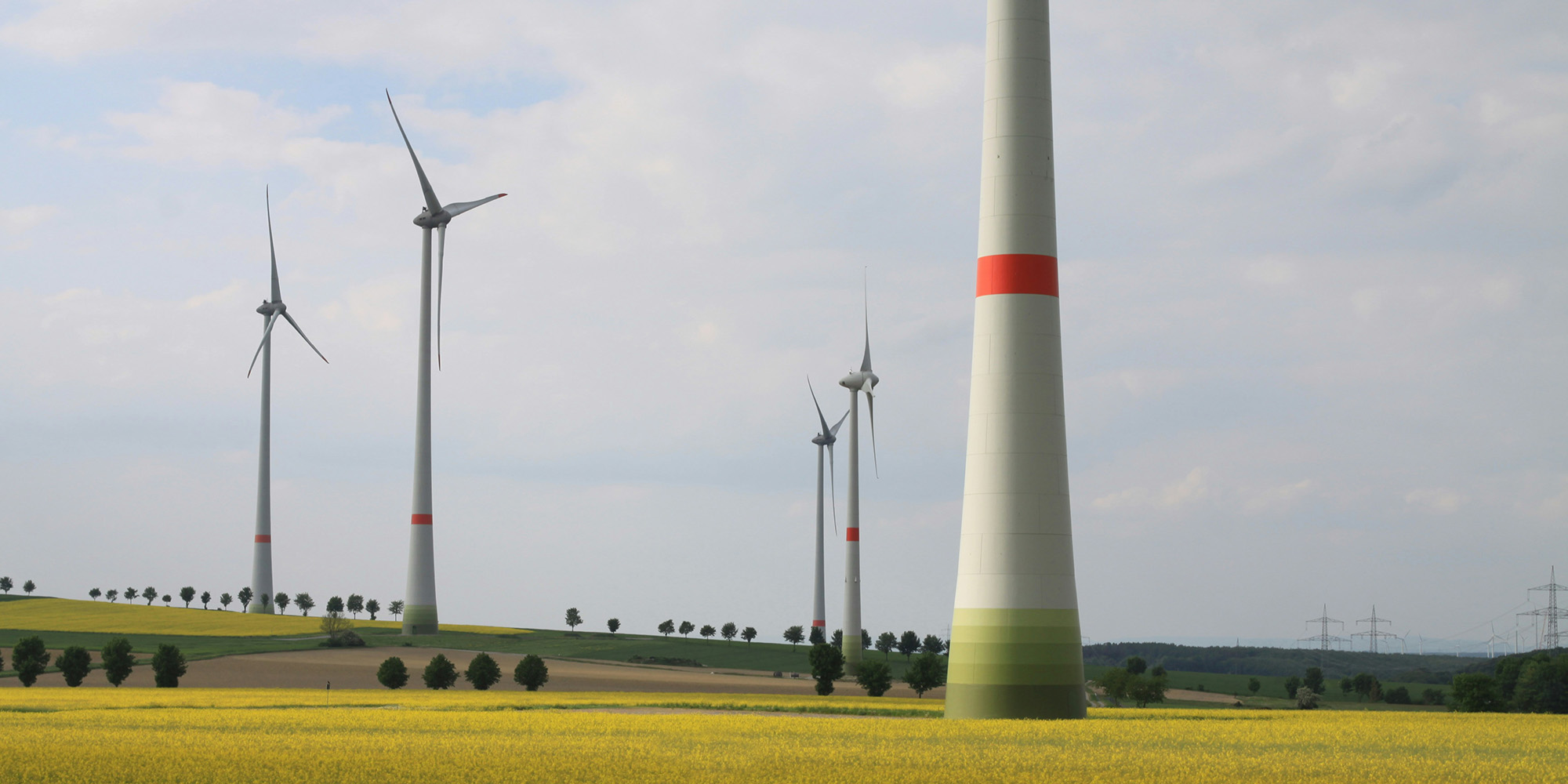Not everyone will be happy by owning the EAC alone. The value linked to the EAC and the growing interest to buy EACs can be found in the renewable solutions that the EACs are part of. To understand the growing market and the values involved, it is important to know the needs of the consumers and the design solutions that give value to them.
Why do corporates buy renewable energy?
During the last years Ecohz has worked together with several international corporations to find the best solutions for procurement of renewable electricity. Most of our corporate clients are companies participating in the RE100 Initiative – committed to 100% renewable energy.
We also serve many electricity suppliers with solutions making it possible for them to deliver renewable energy solutions to their end-consumers, both households, SMEs and large corporates.
Our discussions with large corporates and electricity suppliers have given us a unique insight in the reasons behind procurement strategies and the needs companies and households have for their renewable energy solutions.
In short, the main reasons for corporates buy renewable energy can be summarised as follows:
- Reduce carbon footprint linked to own activities
- Contribute to reach various UN Sustainable Development Goals (SDGs).
- Especially SDG 7, 9, 11, 12, 13 and 15 can be included in various ways in a renewable energy solution.
- Differentiate the brands and generate customers’, investors’ and stakeholders’ loyalty
- Attract employees and give employee pride
- Create positive publicity and enhance public image
- Demonstrate civic leadership and social responsibility
- Contribute to change from fossil and nuke energy to renewable energy
- Meet customers’ expectations. Millennials are likely to spend more money on products and suppliers focusing on social responsibility

Who buys renewable energy?
In the B2B segment the most active industries (number of buyers) are currently industries with highly skilled employees (education, health care and tech/telecom), public authorities and industries focusing on consumer sales (restaurants, retail, consumer products, wine and food). Volume wise tech and telecom dominate the demand side with more than 50 % of the volume.
All kind of households are represented on the buying side, but young people, higher educated people and higher income households are more likely to buy.
How do corporates and households buy renewable electricity?
Many corporates procure their physical electricity directly in the wholesale market and purchase EACs as a separate solution to document the renewable origin of their electricity. Other corporates prefer to procure renewable electricity (physical electricity documented with EACs) from a local electricity supplier.
Households prefer to buy a renewable electricity from their energy supplier. Normally the supplier will be a traditional electricity supplier, but the number of new entrants to the business is growing. Suppliers of solar panels, batteries, home software and even electric cars are entering the market.
New sustainability reporting standards
Even if many households buy renewable energy, the main volume growth and the market drivers are the business segment.
Reporting requirements has become more formal and are included in accounting legislation and CDP reporting. Greenhouse gas calculations are standardised according to the Greenhouse Gas Protocol.
Today’s focus on company values related to ESG (Environmental, Social and Governance) issues is growing. The value of companies linked to high ESG performance has improved during the last year. New EU regulations will give a standard for ESG reporting making it easier to identify real ESG companies.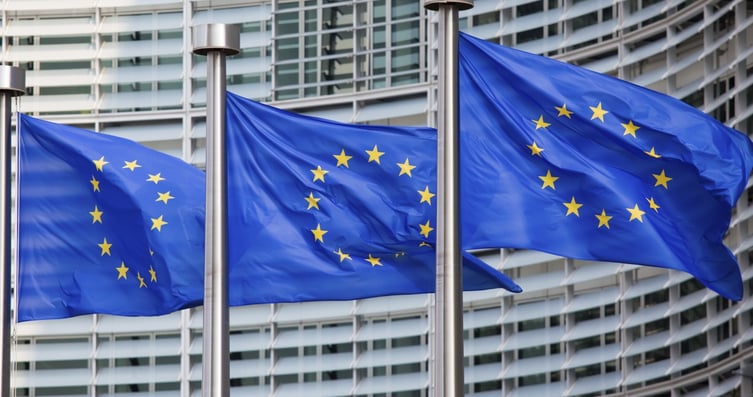
Taxonomy
As part of the European Green Deal, European Union published on 21th April 2021 a package of measures to improve the flow of money towards sustainable activities across the European Union. The package includes regulations related to EU Taxonomy to clarify which economic activities that contribute to meeting the EU’s environmental objectives. It includes a Corporate Sustainability Reporting Directive (CSRD) to improve the flow of sustainability information in the corporate world. It will extend the EU’s sustainability reporting requirements to all large companies and all listed companies. This means that nearly 50,000 companies in the EU will now need to follow detailed EU sustainability reporting standards, an increase from the 11,000 companies that are subject to the existing requirements. The Commission proposes the development of standards for large companies and separate, proportionate standards for SMEs, which non-listed SMEs can use voluntarily.
The package also includes new regulations on investment and insurance advice, fiduciary duties, and product oversight and governance. The goal is to encourage the financial system to support businesses on the path towards sustainability, as well as supporting existing sustainable businesses.
In total the new EU regulations will require improved sustainability reporting and make investments more costly if not contributing to at least one of six defined environmental objectives. Climate change mitigation is one of the objectives, and is probably the most relevant objective for energy consumption. GHG-emissions and the use of renewable energy can therefore be part of the corporate sustainability reporting.
We also see an increasing number of corporates including their supply chain and report according to GHG-protocol Scope 3.
This wider reporting scope will stimulate renewable energy demand from the small and medium-sized enterprises (SMEs). Several of the SMEs require some assistance and large corporations have therefore established programs assisting their suppliers to find good renewable energy solutions.
Companies go above and beyond purchasing renewables
We see an increasing trend where companies wish to go beyond purchasing carbon free electricity to cover their energy needs This can be illustrated by the renewable solutions nominated for the RE100 Leadership Awards 2020:
Best Community Changemaker for generating wider benefits through local renewable energy project: Chanel
Most Impactful Pioneer recognizing companies that are bringing clean alternatives to areas previously dependent on fossil fuels: Novo Nordisk
Best Green Catalyst for engaging suppliers to switch to renewable: Apple
Based on the trends in the market and feedback from our customers, Ecohz offers products and services that could fulfil your needs. A cooperation with Ecohz can add value and at the same time be delivered in a cost-effective way.
Basic product
A basic 100% renewable energy product can be wind power or hydropower documented with EACs. Ecohz provides access to a comprehensive portfolio of more than 400 power plants, located across six continents. This enables you to upgrade to power plants with distinct characteristics, including choice of source, location, age, size, ecolabel and support.
Environmental concern
Some companies have concerns about the environmental footprint of renewable energy production. You can choose a third-party ecolabel that gives away some of the ownership to the solution, or you can fully own the solution with your own product that fulfils up-to-date environmental requirements. Ecohz Blue Power
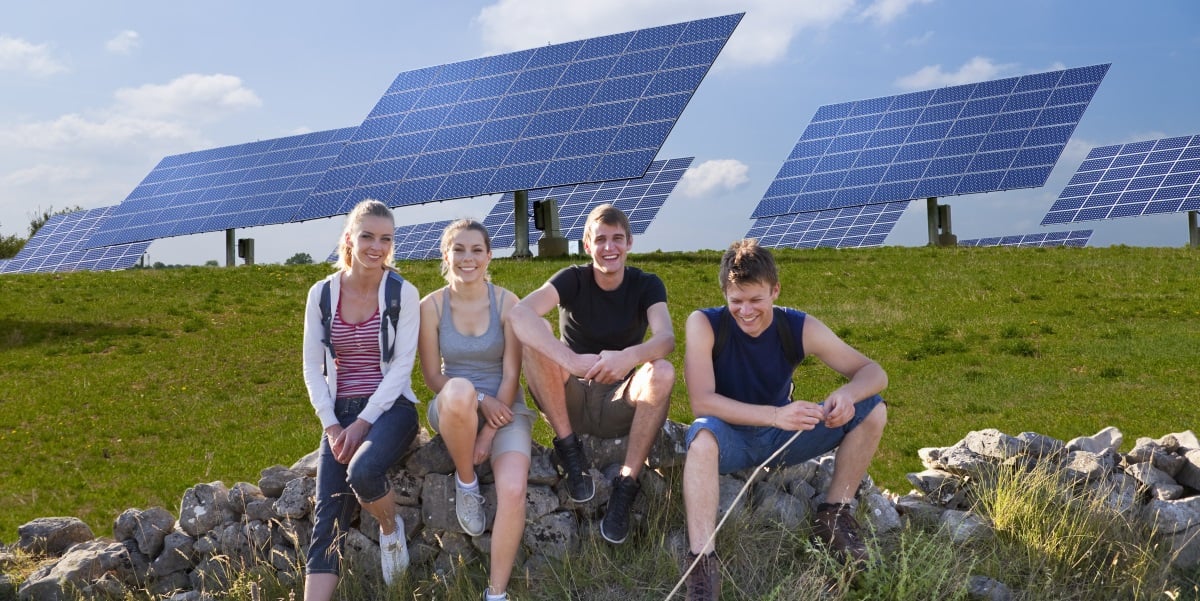
Contribute to more renewable energy production
Many companies would like to have a basic level of additionality with their renewable solution. Ecohz Investment Guarantee ensures that the electricity comes from a producer with current capital investments in new renewable energy capacity. Ecohz Investment Guarantee
Your own power plants – Power purchase agreements (PPAs) for energy neutrality
You can reserve your “own” power plants for a short- or long-term period. Combining EACs from your “own” power plant portfolio with the physical electricity deliveries can give a long-term Power Purchase Agreement fulfilling your needs. If new power projects are included, a PPA can give an energy neutral solution. Ecohz delivers documentation of origin and power plants which can be used for storytelling and communication. PPAs
11x
Supply chain emissions are on average 11.4x higher than operational emissions (CDP 2020)
Supply Chain
Many companies around the world now have their plans ready to reach 100 % renewable energy consumption, i.e. reduce emissions according to the GHG-protocol Scope 2 reporting. The next step is to focus on their Scope 3 reporting, i.e. involving the whole supply chain. The CDP Supply Chain report 2020 shows that for decades major corporations have outsourced their environmental impact to other companies and countries in their value chain. With supply chain emissions 11.4 times higher than a company’s direct operations, corporations are a powerful lever in the transition to a sustainable economy.
The Ecohz Supply Chain Portal is our solution available to reduce your emissions in the supply chain. The digital platform is customisable and will be branded for you. Currently available in English and Mandarin. Ecohz Supply Chain Portal
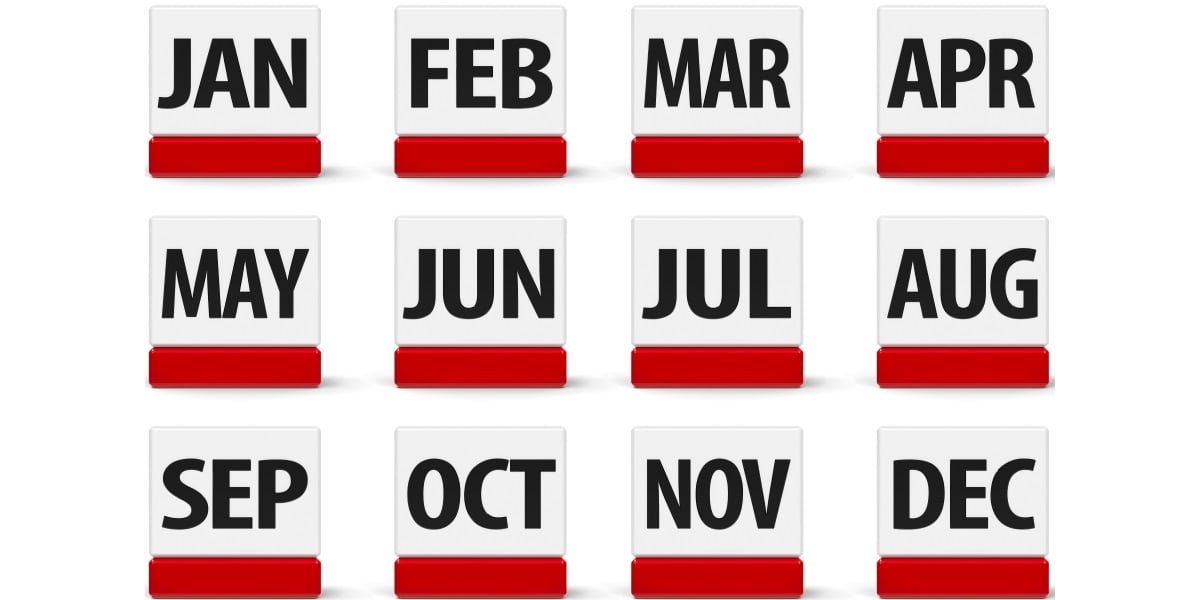
Monthly Matching
Changes in reporting requirements in numerous European markets are driving demand for matching of renewable energy consumption and production, on shorter time periods than on an annual basis. For example, France is requiring monthly matching between production and consumption. Ecohz offers two different options for montly matching.
Ecohz recognises that ‘one-size does not fit all’ and welcome the opportunity to develop solutions together to find a renewable energy solutions that fit your needs.
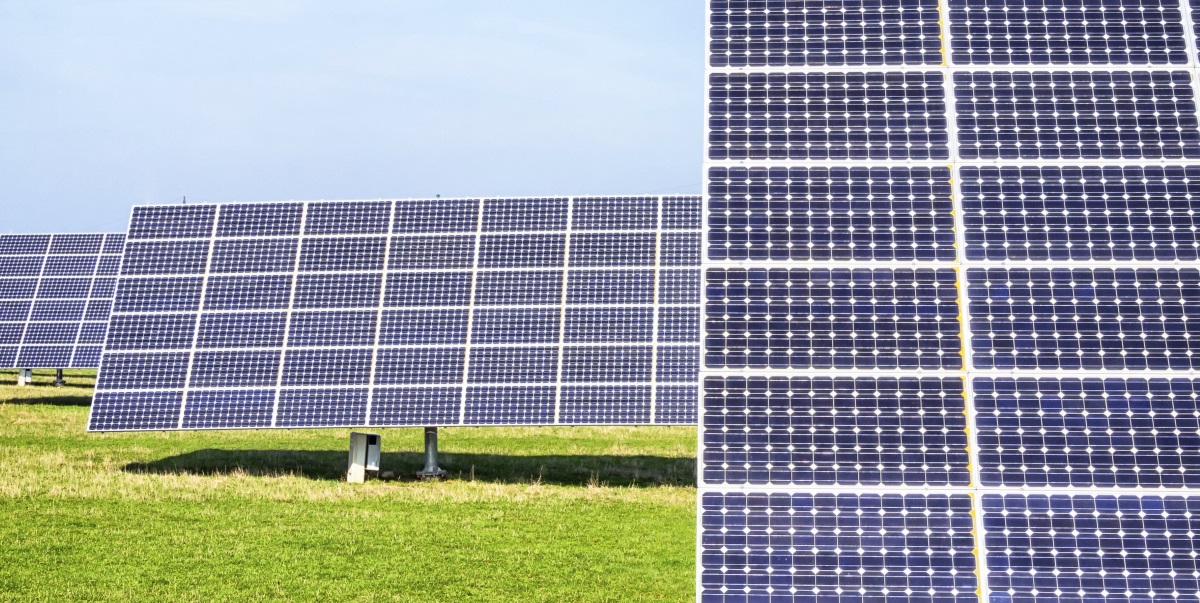

.png?width=3840&height=2560&name=Sun(1).png)

.png?width=3840&height=2560&name=Landscape_2(1).png)

